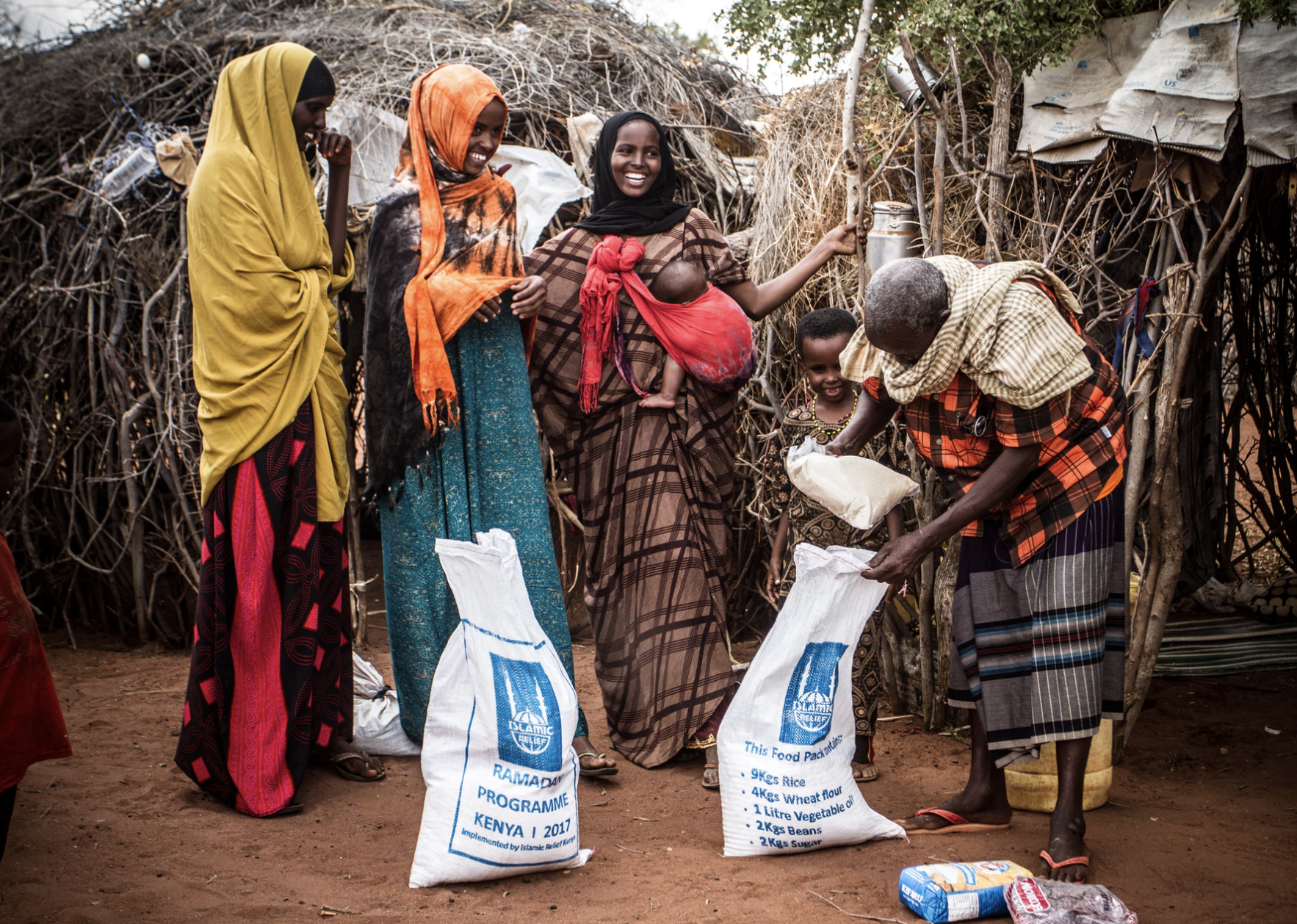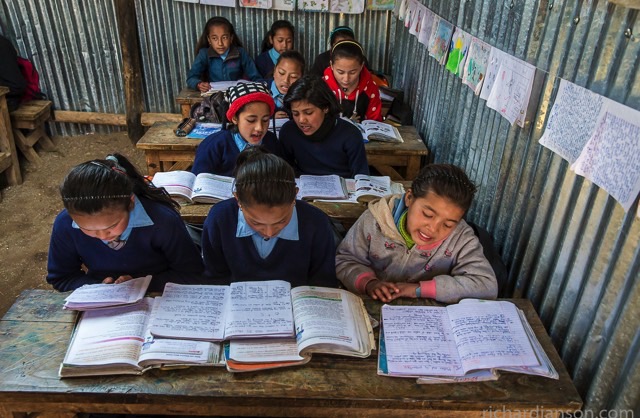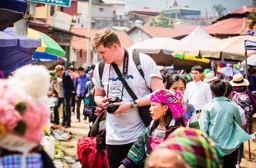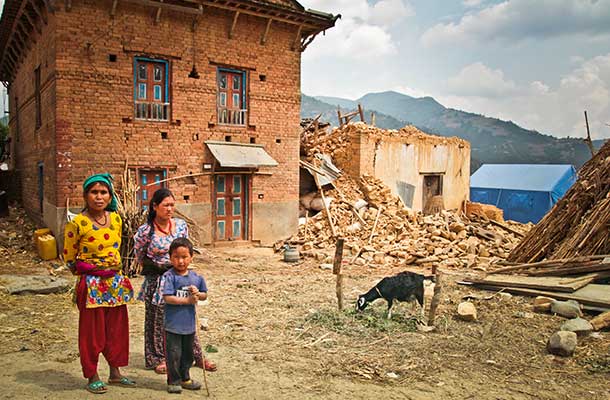To Give or Not to Give: Which Donation is Best?
One of the most common dilemmas that people face today is that of donating to the needy in other countries. The question often comes down to what is best to give – money, supplies, or food?
 Photo © Anes Sabitovic
Photo © Anes Sabitovic
And what about cases where it seems donations do not reach their intended recipients – is it worth donating at all? The fact is there is no right or wrong answer. It’s a subject, for which there are many differing opinions. Before you decide to give, and by what means, consider what those who frequently deal with this subject have to say.
- Giving Money While in Country
- Bringing Donations With You
- Donating Your Time: Volunteering
- Sending Donations from Abroad
- Which Donation is Best?
Giving money while in the country
Travelers are among those most often faced with the subject of donations, especially those who visit poorer countries. Who hasn’t been on a vacation somewhere and been approached by a child on the street seeking a handout? Is it a good idea to just toss a few coins into their cup? Some people firmly believe that this practice only perpetuates the cycle of begging, and can harm the child in the long run. Daniela Ruby Papi from Pepyride, an organization that helps the underprivileged in Cambodia, feels that while it’s important to give, you should never give directly to a begging child. As she puts it:
“Giving money to begging children keeps them on the street. It is hard to remember that when a child is looking up at you, but if you don’t then it then becomes more profitable for that kid to be on the street than in school.”
Bringing donations with you
There is also the question of whether or not to bring donations with you when making the journey to an impoverished country. When disasters occur, it’s human nature to want to help. Volunteers from all over the world prepare to donate their time, efforts and anything else they feel would help those who are in need. But determining what is best to bring can be challenging. Is money best? Or are supplies better? Some suggest that volunteers wait until they arrive on site to determine exactly what is needed, rather than bring items from home. As for monetary donations, Randy LeGrant of GeoVisions advises against it, stating:
“In general, we advise our volunteers to not make any contribution financially. Most times the funds do not get to where they will do the most good. After all, that is why you are there working, right?”
Donating your time: volunteering
The same can be said for volunteers seeking to assist with the underprivileged in countries that may not have faced a recent disaster, but are generally impoverished and in need of basic goods, such as food, clothing and medical supplies. The general consensus seems to be that it depends on the location. Kimberly Haley-Coleman of GlobeAware, an organization that leads volunteer trips to third world countries, suggests the following:
“Where volunteers do want to donate I try to, whenever possible, ask our local coordinator or other members of the local community to decide for themselves what would be useful. In other words, the answer to what is best is best answered by the people in the community.”
She goes on to point out that “the greatest aid to country regarding donations is usually to buy the items upon arrival, further stimulating the local economy.”

Sending donations from abroad
So what about people who want to help out but can’t travel to do so? The question of what to send becomes even more significant because there is no way to really know if what you are donating is being used for the right purpose. Sending supplies can be helpful, but keep in mind that it’s not always practical. Kimberly Haley-Coleman says she gets requests all the time from people wanting to donate large items like computers. The problem with this is that the cost of shipping to the recipient is often more expensive than the underlying value of the item.
People who are interested in making cash donations should do so with caution, to ensure that the money being sent is actually getting to those who truly need it. Some people advise against monetary donations, while others feel that it is the most effective means of giving. It ultimately depends on the country and the circumstances. Take, for example, the 2004 tsunami that struck Indonesia. Sarah Van Auken of Volunteer Global points out that:
“Individuals with very good intentions sent supplies that were never delivered to the victims, and in fact created more trouble amidst the chaos for the aid workers on the ground. In cases like these, where there's an urgent need for assistance, monetary donations always are the best route.”
Sarah Graham of African Impact suggests that if you do choose to go this route and send money you should do so “via a responsible, registered organization to ensure that your donation is making the right difference.”
Christy McCarthy at Footprints Network who works on the donation receiving end adds:
"We use donations made by thousands of people online, to fund community development projects that are clearly outlined for those donating. They know what they're donating to, what the outcome is. That level of transparency is important for anyone donating."
Determining the best course of action can be accomplished by following three simple tips, according to Jeff Greenwald, Ethical Traveler’s Executive Director:
- Find out what's needed before providing any donations
- Money should only be given when there's reliable oversight
- It's best if the trip provider coordinates donations rather than everyone pulling out their wallet or bringing their old clothes
Which donation is best?
There are many options available to those who feel compelled to give to those less fortunate, be it through money, supplies, food or volunteering their time. One way is not necessarily better than another. Determining which method is best is ultimately a personal decision; a decision that should be reached carefully and only after fully understanding the situation at hand. So should you donate? And if so, how should you do it?
Perhaps Kimberly Haley-Coleman put it best when she said:
“Somewhere in between is what most volunteers do. There's no one right, easy answer, clearly, since each situation varies so greatly.”
Do you have any advice for making a donation? Leave us your tips.
Related articles
Simple and flexible travel insurance
You can buy at home or while traveling, and claim online from anywhere in the world. With 150+ adventure activities covered and 24/7 emergency assistance.
Get a quote

No Comments